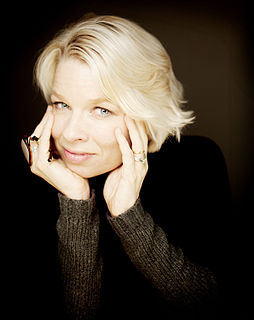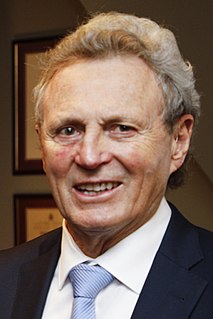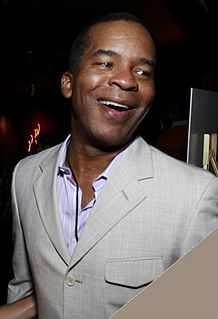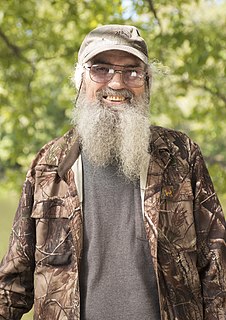Top 1039 Cautionary Tales Quotes & Sayings
Explore popular Cautionary Tales quotes.
Last updated on December 18, 2024.
I did translations of Grimms' Fairy Tales and became very charmed about that way of looking at things. Fairy tales tell a lot of truths. Just as a side point, for instance, we always think the bad guys in fairy tales are the stepmothers, who are witches. But where are the fathers when the witches are killing and mishandling their children? Away. They are on a business trip. They are hunting, they are away. Wow, you know! No one says the fathers are the bad guys! It's one of the things you don't say. But my goodness, where are they?
The children know all about everything so well that it never occurs to them to play at the situations in any one of these tales, or even to read it twice over. But let them have tales of the imagination, scenes laid in other lands and other times, heroic adventures, hairbreadth escapes, delicious fairy tales in which they are never roughly pulled up by the impossible —even where all is impossible, and they know it, and yet believe.
Fairy tales have always been about getting through the worst of everything, the darkest and the deepest and the bloodiest of events. They are about surviving, and what you look like when you emerge from the trial. The reason we keep telling fairy tales over and over, that we need to keep telling them, is that the trials change. So the stories change too, and the heroines and villains and magical objects, to keep them true. Fairy tales are the closets where the world keeps its skeletons.
I've been with the project for like three years: creating it, pushing it. [There] becomes a certain doubt when you're pitching this story to people. ["The Land" is] a cautionary tale. It's not the brightest or best ending to a film when you're telling a cautionary tale about four kids, kids who are killing each other, kids who are products of the streets.
I have been writing fairy tales for as long as I can remember. Not much has changed in terms of my natural attraction to the narrative techniques of fairy tales. My appreciation of them in the traditional stories has deepened, especially of flat and unadorned language, intuitive logic, abstraction, and everyday magic.
Boys like romantic [fairy] tales; but babies like realistic tales - because they find them romantic...This proves that even nursery tales only echo an almost prenatal leap of interest and amazement. These tales say that apples were golden only to refresh the forgotten moment when we found that they were green. They make rivers run with wine only to make us remember, for one wild moment, that they run with water.
[Fairy tales] are like a journey to the woods and the many ways you can get lost. Some people say it's not a good idea to read fairy tales to anyone under the age of eight because they are brutal and raw. When I was a kid I often felt that kids's books were speaking down to me, but I never felt that way about fairy tales. They are bloody and scary, but so is life.
People say, "Look, your book [Tales and Wisdom from Duck Dynasty's Favorite Uncle] is about tall tales." And I said, "No, you don't understand, OK? The book is tall tales, OK, by me. But look, those tall tales are my life, OK? And look, I added some spices in there. That's the five percent. You know the one about the wolves chasing me? The only thing about that - they wasn't wolves, they was coyotes".
Though now we think of fairy tales as stories intended for very young children, this is a relatively modern idea. In the oral tradition, magical stories were enjoyed by listeners young and old alike, while literary fairy tales (including most of the tales that are best known today) were published primarily for adult readers until the 19th century.
People have always told tales. Long before humanity learned to write and gradually became literate, everybody told tales to everybody else and everybody listened to everybody else's tales. Before long it became clear that some of the still illiterate storytellers told more and better tales than others, that is, they could make more people believe their lies.
You can think of my films as cautionary tales, but you might even think of them as despairing tales, because at least in a cautionary tale, you have this idea that by listening to the story you can assure a better outcome. Whereas I'm not at all convinced that's the case. In fact, if anything, I'm convinced that it's the opposite.















































